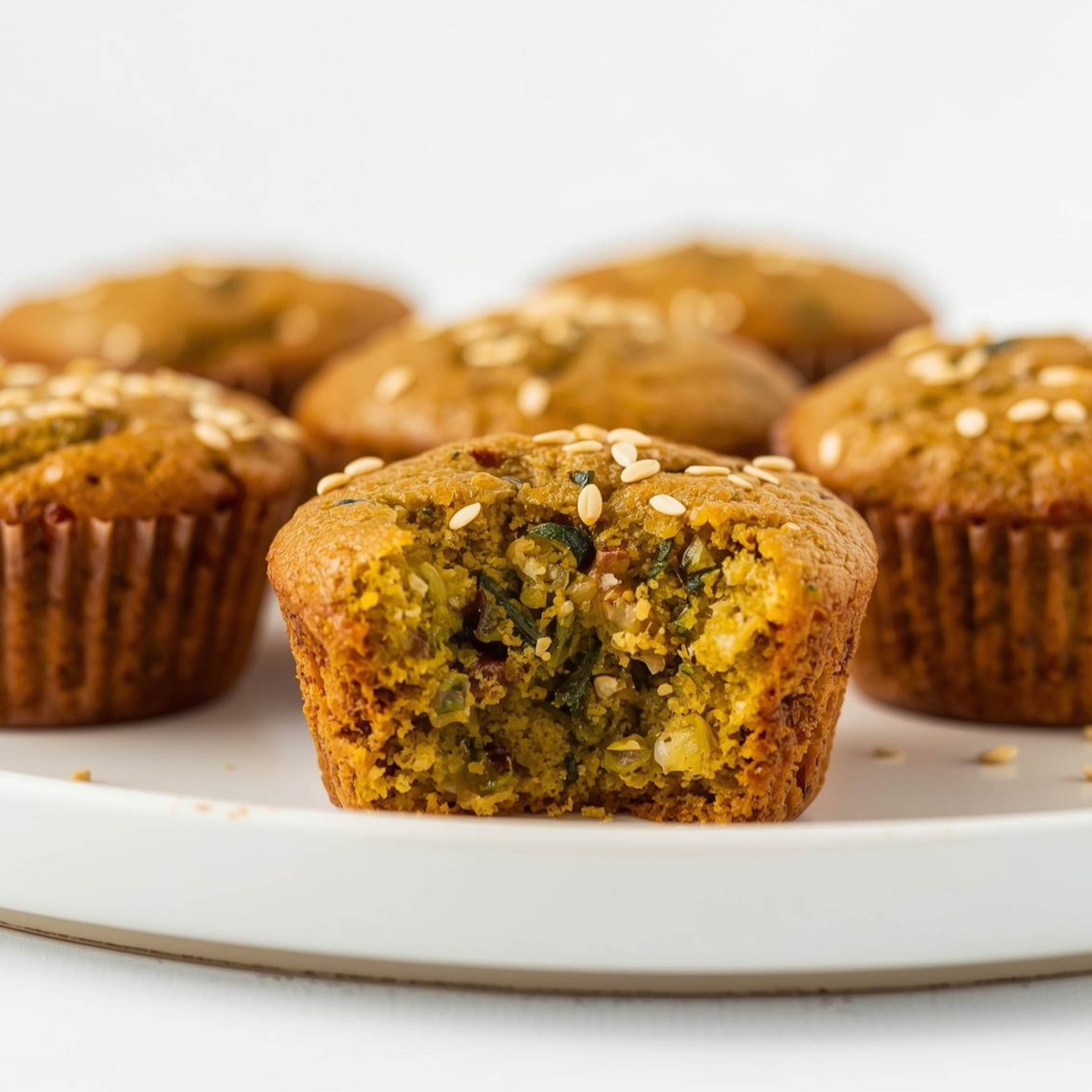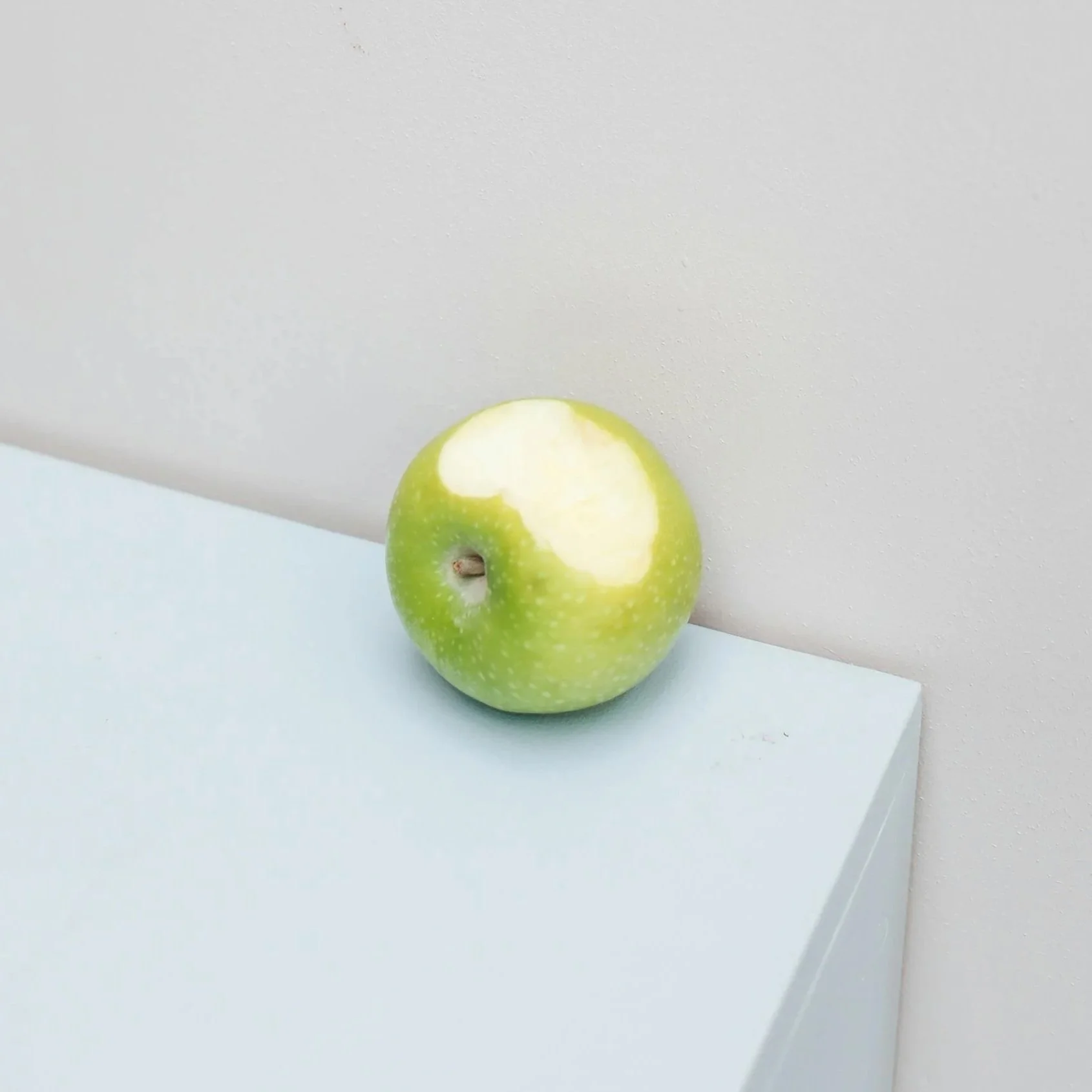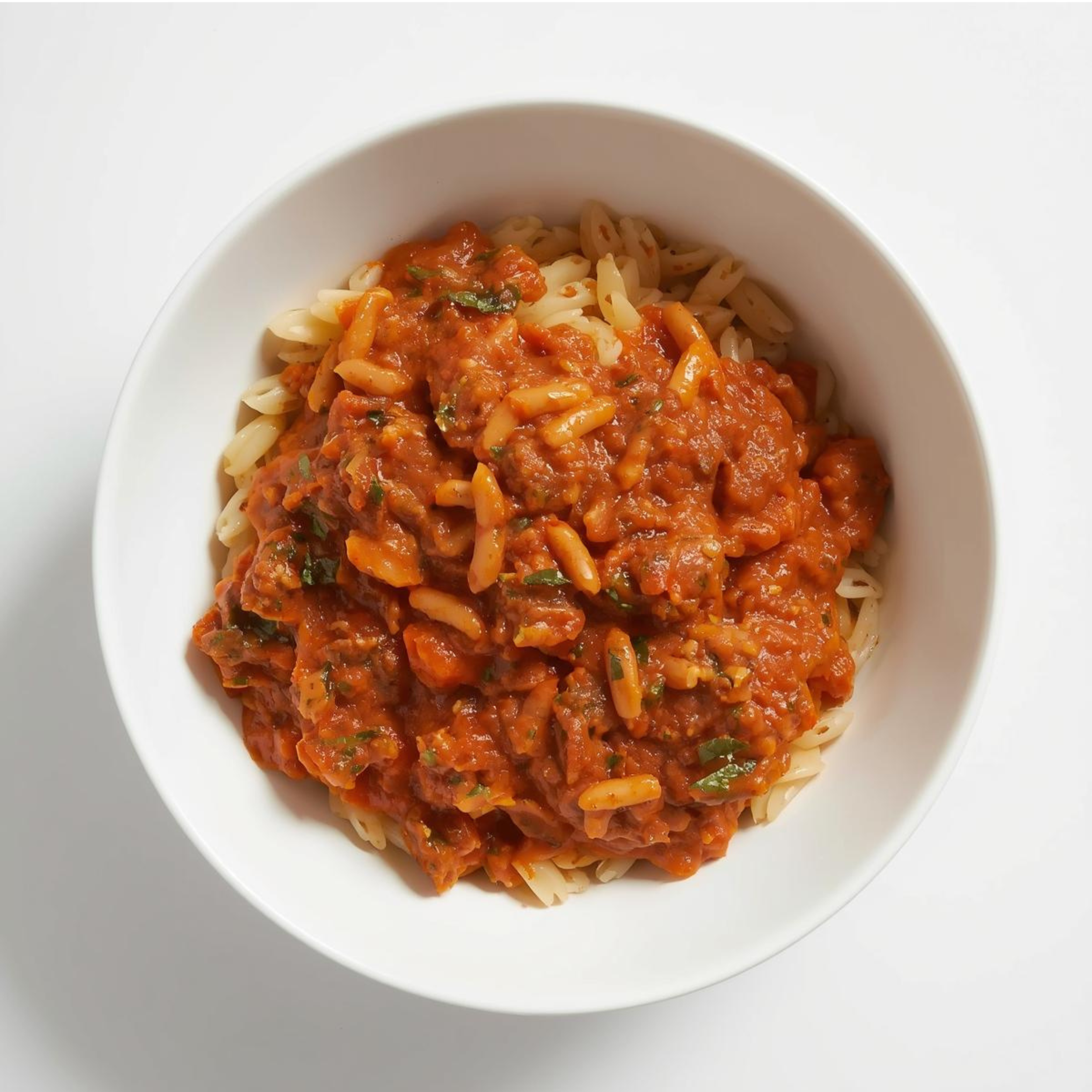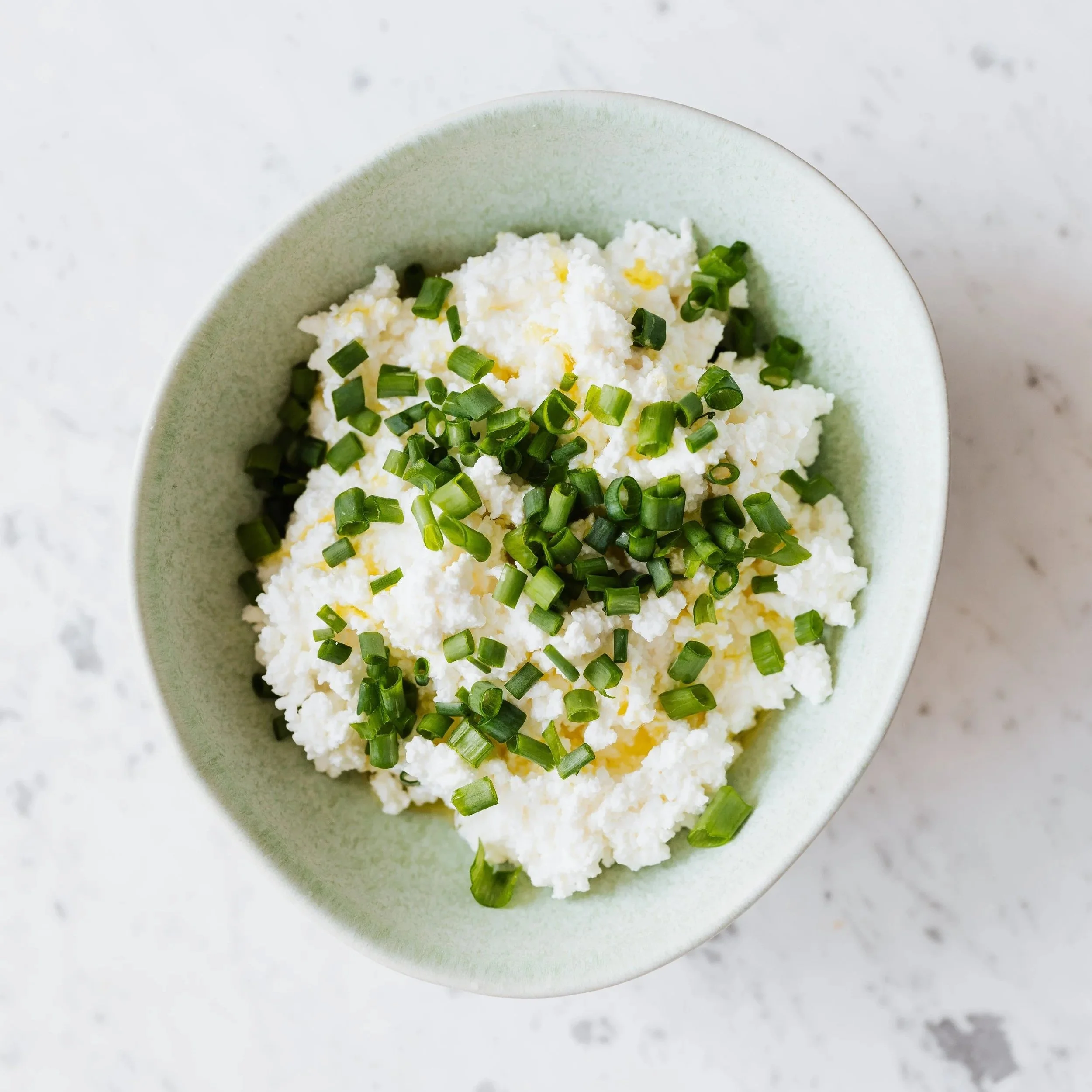A Dietitian’s Guide to Managing Constipation

Feeling “stuck”? Struggling to empty your bowels? Whatever you call it, constipation is super common and even be debilitating. It often comes with difficulty going about everyday life, missing out on Friday night dinners, work stress, relationship challenges, poor body image and feeling fatigued all day and night long. So, rather than shying away from embarrassment, we are opening up the conversation to help your bowels get back in motion.
What causes constipation?
Many things! This can include medication, diet, stress, physical inactivity, long-term calorie restriction, certain health conditions and changes in routine (think holidays, traveling or injury). It can also be a symptom of Irritable Bowel Syndrome where it goes hand in hand with abdominal pain. Identifying the cause of constipation is important for finding the right strategies to help manage it.
How do you know you’re constipated?
Key symptoms include:
Straining on the toilet to pass a bowel motion
Feeling that your bowels have not completely emptied
Hard or lumpy stools
Less than three bowel movements per week
If you haven’t been able to pass any bowel motions at all, it is important to see your doctor to rule out any sinister causes that need to be medically investigated.
What can you do about it?
When targeting constipation, here are six simple strategies “backed up” by research:
1. Eat two kiwifruit a day
Two kiwifruit a day has been shown to lead to bulkier, softer, more frequent stools that are easier to pass. Why is that? Kiwifruit fibre absorbs about three times its weight in water, making stools bigger and softer. It also contains actinidin, an enzyme which stimulates the muscles along your gut to contract and move things along.
2. Drink enough water
Aim to drink around 2 litres of water daily. Without enough water consumed, your large intestine, which is responsible for making and storing stools, will start reabsorbing water to combat the dehydration. As a result, your stools become drier and much harder to pass!
3. Move your body daily
Physical activity stimulates the muscles and nerves in your gut to move things along. Whether it’s walking, yoga, crossfit, swimming or resistance training, choose something you enjoy and build up to ideally 30 minutes daily.
4. Use a “stool stool”
Did you know the way you sit on the toilet affects your bowel motions? Sitting with your feet flat on the floor “pinches” the final part of your intestine, making it difficult for stools to exit. Instead, elevate your feet with a stool, box or bucket as this straightens out your intestines to promote an easy and complete bowel movement.
5. Respect the urge to go
The longer you hold your stools, the longer they sit in the large intestine where more and more water will be drawn out. The end result? Drier stools which are harder to pass! Do your best to head to the bathroom when you feel the urge. Try paying attention to your usual pattern of bowel motions to plan your routine appropriately.
6. Slowly increase fibre
Fibre pulls water into your bowel and adds bulk. This creates softer and bigger stools that pass faster and easier. Read more about the best dietary sources and types of fibre here. The key is to start low, go slow and keep up the fluids. Keep in mind that too much fibre or the wrong types of fibre can worsen constipation. Working with your healthcare team and an Accredited Practising Dietitian is key to individualising fibre intake.
If constipation is impacting your daily life and you are after individualised support, book in with one of our Accredited Practising Dietitians.
HUNGRY FOR MORE? CHECK OUT OUR LIBRARY OF ARTICLES AND RECIPES WRITTEN BY OUR DIETITIANS:
“IBS-friendly” doesn’t have to mean cutting everything out. These savoury veggie muffins use a gentle fibre approach to support digestion while still being filling, nourishing and satisfying. A practical, non-restrictive recipe for managing IBS symptoms without turning food into a rule book.
Calorie counting has it’s place (sometimes). But if you’re trying to heal your relationship with food, it can often do more harm than good. Let’s unpack what actually matters more than calories and three gentle, evidence-based strategies we use to support sustainable health (sans restriction, guilt or tracking).
Say hello to an IBS-friendly one pot risoni bolognese that supports gut comfort without restrictive diets. Our dietitian-approved recipe uses gentle fibre strategies to help reduce bloating and digestive discomfort, while still giving you all the flavour, fibre and satisfaction you deserve when navigating IBS.
Have you started Ozempic, Wegovy or Mounjaro for insulin resistance? We know it can feel equal parts hopeful and confusing. Appetite feels different, hunger cues change, meals feel “heavier” and food suddenly feels quieter and less appealing. If you’re wondering “what am I actually meant to eat now?”, this blog will help unpack what’s actually happening, why nutrition is still important and how to approach food in a way that supports insulin resistance without falling into restriction, food rules or guilt.
If you’ve been on TikTok and insta lately, you’ve definitely seen “fibremaxxing” trending. And if you live with PCOS, fibre isn’t just a wellness buzzword. It’s an underrated tool for blood sugar control, gut health and hormones. The catch? Going from zero to hero with fibre can leave you bloated and uncomfortable. So, here’s what fibre does for PCOS, why it matters and how to hit that sweet spot between not enough and way too much.
If you’re living with POTS, that post-meal dizziness isn’t in your head, it’s a real physiological reaction. Thankfully, simple nutrition tweaks can actually make a difference. It’s all about understanding how food affects blood flow and fluid balance. Here are our top four strategies to ease those dizzy spells and feel more in control after eating.
Yes, water is essential. But between life admin, back-to-back meetings and chasing kids and/or career goals, it’s normal to forget to drink enough. You might not feel parched, but mild dehydration sneaks up in surprisingly subtle ways. Here’s four science-backed signs you might need more fluids and some practical hydration tips that don’t involve chugging litres of plain water (unless that’s your thing, no judgment).
Turns out, being strategic with your protein when you have ADHD can support attention, mood and emotional regulation throughout the day. Here’s everything you need to know about structuring meals and snacks, how much protein you need and easy high-protein food swaps.
This easy creamy silken tofu chocolate mousse is dairy-free and rich in polyphenols and fibre, perfect for a gut-loving, feel-good dessert (with no sacrifice on taste). Discover how cacao and dark chocolate support gut health without compromising indulgence.
Gut health plays a powerful role in managing endometriosis symptoms, especially through its impact on oestrogen levels, inflammation and digestion. The good news? It’s about adding in foods, not an extreme or restrictive diet. Here’s what the science says about the gut-endometriosis connection.
Have you been told to "just cut out salt" to lower your blood pressure, but feel like that is overwhelming and well… restrictive? Or, wish there was more to it than just avoiding salt? You're not alone. But here’s the good news: it is not just about what you take away, it’s also about what you add in. Foods rich in potassium, magnesium, calcium, nitrates and fibre can actively lower blood pressure. Read on to learn how and what foods you can focus on “crowding in”.
A lot of advice about reducing cholesterol focuses on what to cut out. But, that approach is demotivating, restrictive and… unsustainable. What if you focused on adding in foods instead? The great news is, consuming more of certain nutrients can lower cholesterol and make a meaningful difference. Let’s break down what those are and our top 15 foods to crowd into your diet.
“Fermented foods” are often called “probiotics”, but are they the same thing? Although both words are used interchangeably, turns out, this is a big misconception. Fermented foods are not all probiotics. Knowing the difference is important because whilst fermented foods and probiotics both contribute to gut health, they do so in different ways. Let’s break down what a true probiotic is, how it differs from fermented foods and what is best for your gut health.
Wholesome, festive and perfect for celebrating the holiday season, our Christmas Muesli recipe is a wonderfully balanced breakfast (or Christmas gift!) to embrace the holiday spirit. We’ve packed in not just the usual mix of nuts, seeds, rolled oats and warming cinnamon, but also a dash of extra virgin olive oil. This adds a healthy dose of anti-inflammatory and prebiotic goodness for your best health yet.
Scrambled, poached, sunny-side up and piled high on sourdough. Eggs are delicious. So, it can be jarring to think you need to give them up if you have high cholesterol. Some advice vilifies eggs, while other research says they’re fine. Cue feeling confused and stressed. Let’s separate the facts about eggs and cholesterol so you can sidestep unnecessary food restrictions and understand how eggs can be enjoyed without impacting your health.
Refreshing, creamy and nutrient-packed. This green smoothie blends spinach, banana, brazil nuts, milk, and chia seeds for a delicious treat. The key ingredient? Brazil nuts! They’re packed with selenium, a mineral that supports thyroid health and reduces inflammation, that’s a big tick for reaching your health goals with PCOS, endometriosis, fatty liver, fertility and insulin resistance.
Here’s a question we get asked all the time: “How can I enjoy occasional treats without negatively impacting PCOS or insulin levels and feeling guilty?” . While most “experts” agree high sugar treats aren’t “good” for PCOS and insulin resistance, completely avoiding them can turn into a classic restrict-overeat-repeat story. Instead, here are three ways to enjoy treats in a balanced way that still align with your PCOS and insulin resistance goals.
Picture this: the holidays are approaching, there’s festive excitement in the air. You’re looking forward to gatherings, delicious food, and reconnecting with loved ones. But alongside that joy, there’s a familiar worry creeping in - concerns about what you’ll eat, how you’ll look, and how to manage it all. There’s even the urge to go on a strict health reset come January. Sound familiar? You’re not alone. So instead of dreading the festivities, explore these five practical ways to navigate holiday eating with more peace, flexibility, and joy.


















